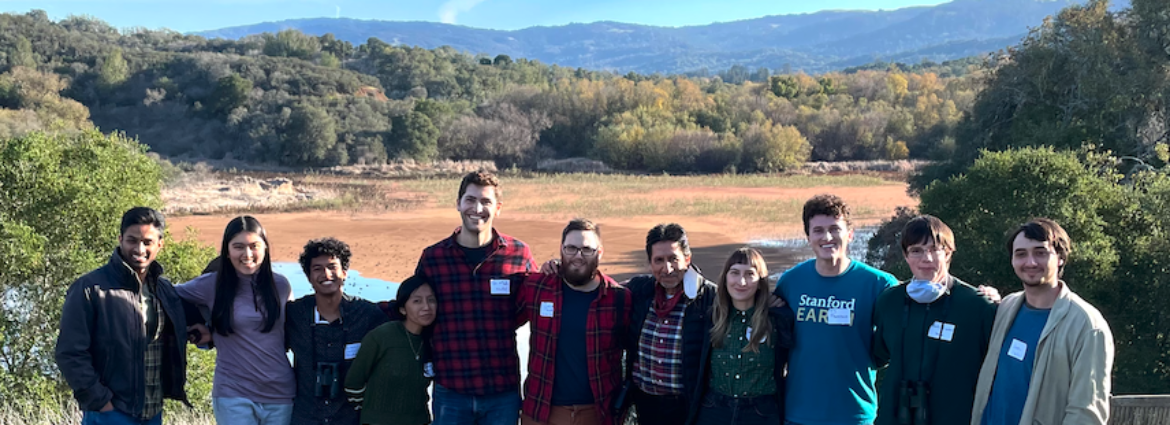Welcome to The Dirzo Lab
Our focus:
The Study and Conservation of Biological and Cultural Diversity
in an Era of Anthropogenic Impact
We acknowledge and appreciate that our lab sits on the ancestral lands of the Muwekma Ohlone Tribe. We offer our thanks for the opportunity to live and work on their traditional homeland. We celebrate the culture and perseverance of the Muwekma Ohlone people to keep their identity strong, and we are committed to support their efforts and contributions to diversity
The Dirzo lab primarily investigates the evolutionary ecology of species interactions, and related aspects of conservation science (i.e. the effects of anthropogenically driven biodiversity change on evolutionary ecology). We conduct field and lab-based research mostly in tropical ecosystems of Latin America, Africa, and the Central Pacific.
Our lab focuses its efforts on two major areas of scientific research:
i) species interactions (within and among trophic levels) from an EcoEvo perspective, and
ii) conservation science (anthropogenically driven deforestation, defaunation, biodiversity change).
In addition to conducting research on these two topics in isolation, a significant portion of our work examines the interactions thereof, asking, in general, to what extent the ecological and evolutionary patterns of biotic interactions (herbivory, pollination, dispersal, plant-fungus relationships, predation, etc.) are affected by anthropogenic global environmental change (land use change, over-exploitation, invasive exotic taxa). In other words, our work examines the conservation biology of species interactions, and we examine the patterns and consequences of the local loss of, or changes in biotic interactions, and the resulting consequences in terms of changes in ecosystem processes and services.
Our work takes place in different parts of the world, largely –but not exclusively– in tropical ecosystems from Latin America, Africa, and the Central Pacific. Some work is conducted in temperate systems too, mainly in Northern California [see photos]. Our approaches include observations and experimental manipulations and we engage in collaborations with colleagues and students from many institutions within Stanford, the USA and abroad [see collaborations].
Beyond research, we are engaged in education at a variety of levels, ranging from teaching graduate and undergraduate courses, to educational programs for youth, with a particular emphasis on underserved communities. Some of the work on education involves participation in diagnostic analyses and synthesis on national science education policy [see Framework for K-12 Science Education].

